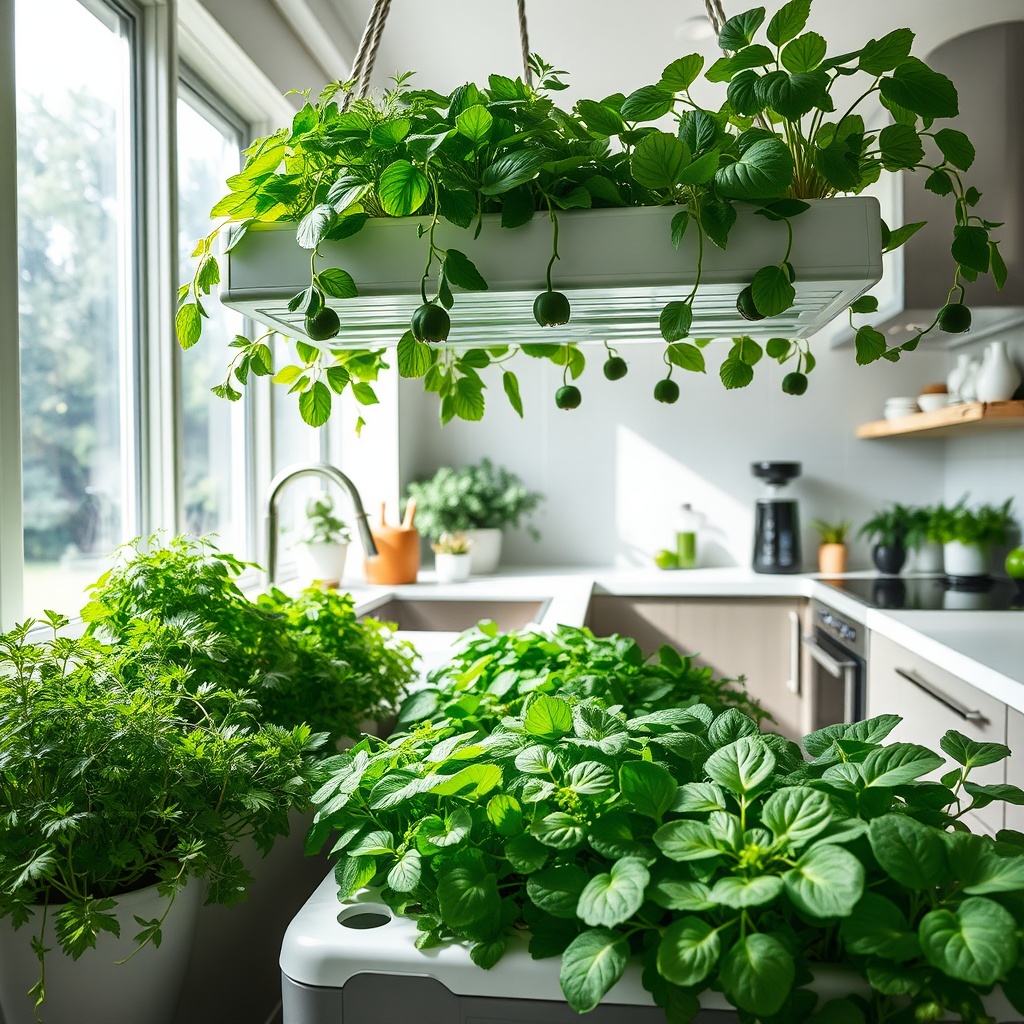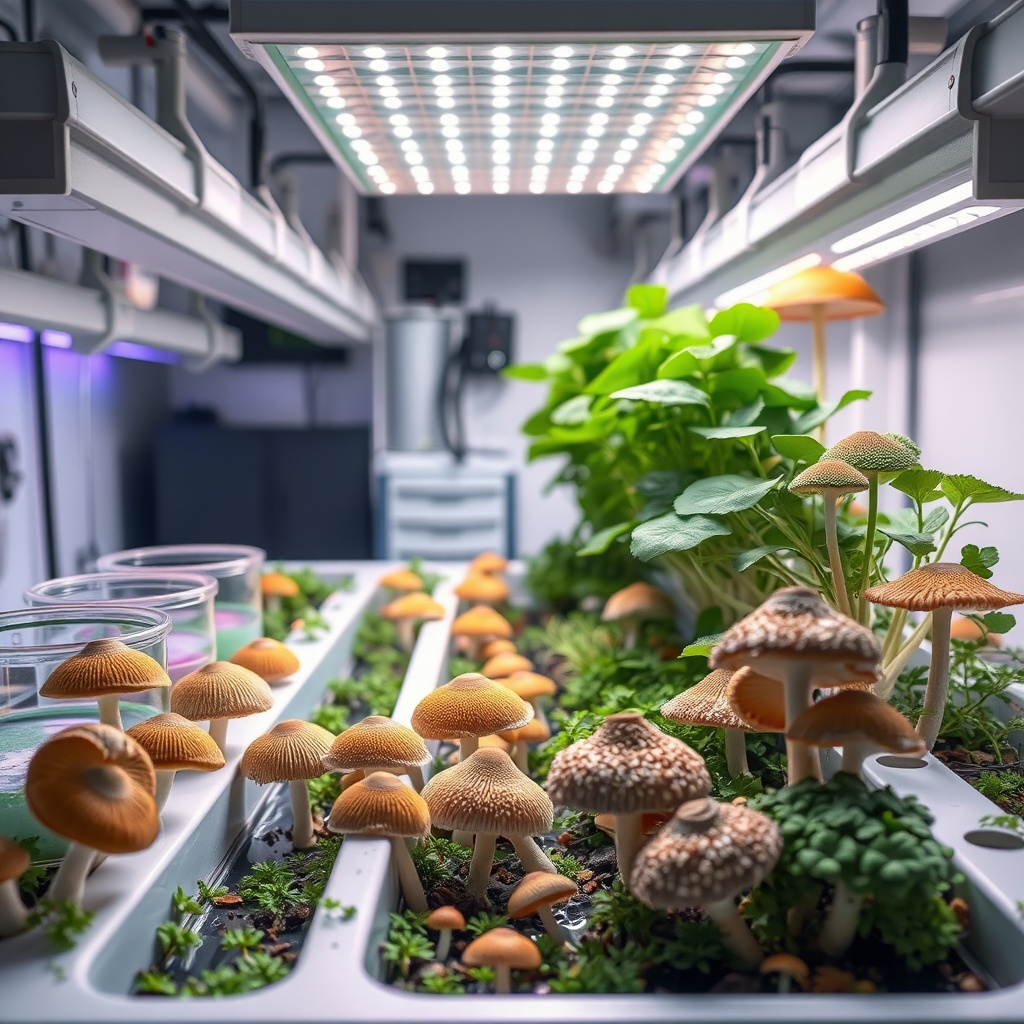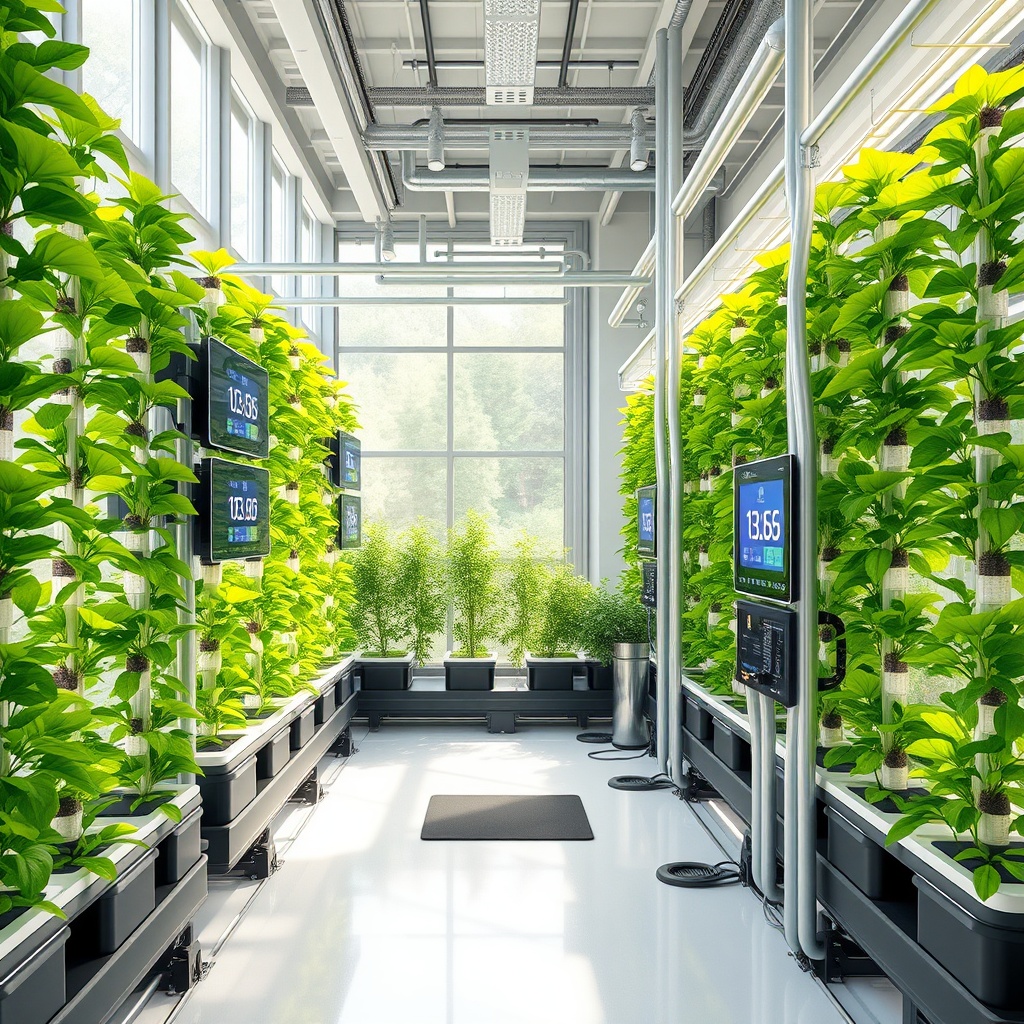In a world increasingly aware of environmental challenges, home hydroponics emerges as a beacon of sustainable gardening. This innovative method allows individuals to grow fresh produce with minimal land use and reduced water consumption. By implementing sustainable practices in your home hydroponics system, you not only contribute to a healthier planet but also enjoy the satisfaction of nurturing your own food source. Let’s explore how you can transform your hydroponic garden into a model of sustainability.
Choosing Eco-Friendly Materials
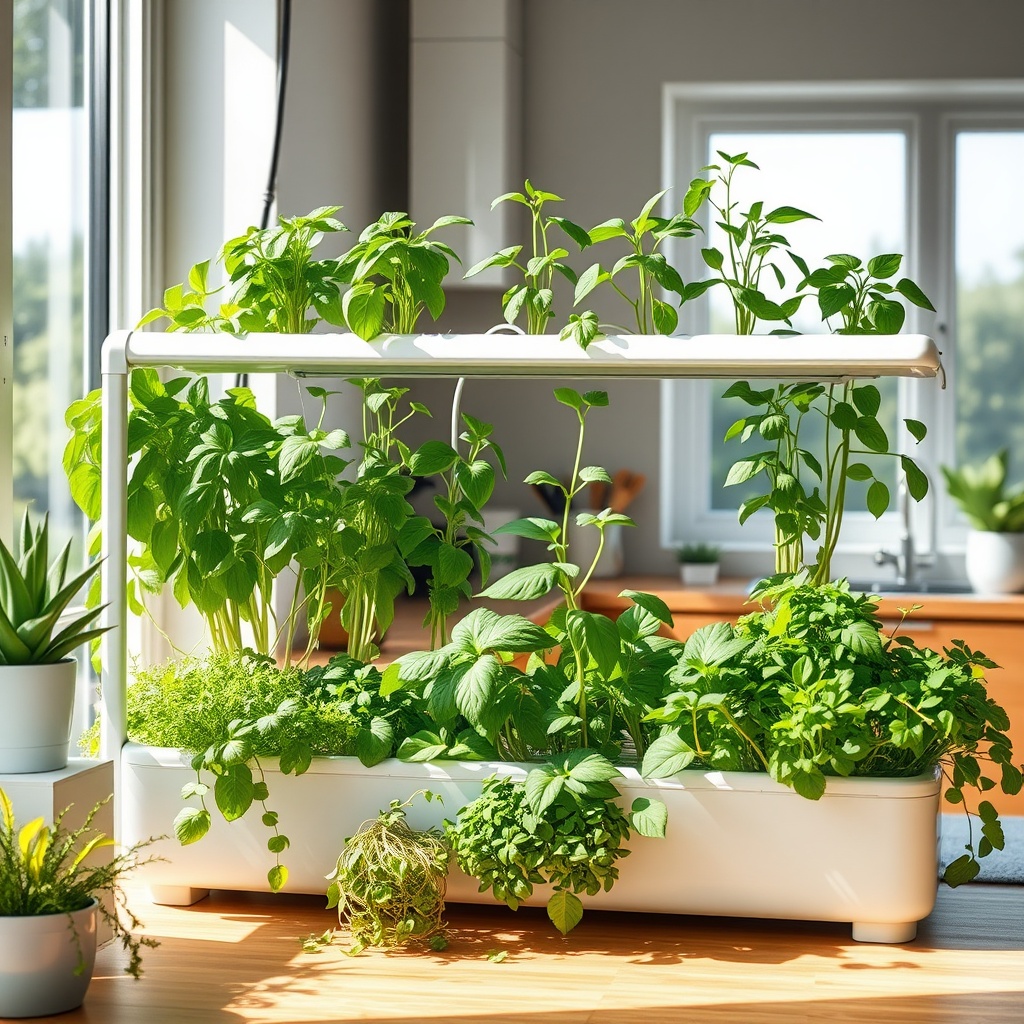
The foundation of any sustainable practice starts with the materials you choose. In hydroponics, this means selecting components that are environmentally friendly, recyclable, or biodegradable. From the growing medium to the nutrient solutions, each choice can have a significant impact on the overall sustainability of your system.
- Growing Medium: Opt for coconut coir or recycled paper products instead of peat moss, which is often harvested unsustainably.
- Nutrient Solutions: Use organic fertilizers that minimize chemical runoff and promote a healthier ecosystem.
- Containers: Reuse old plastic containers or invest in biodegradable pots to reduce plastic waste.
Water and Energy Efficiency Techniques
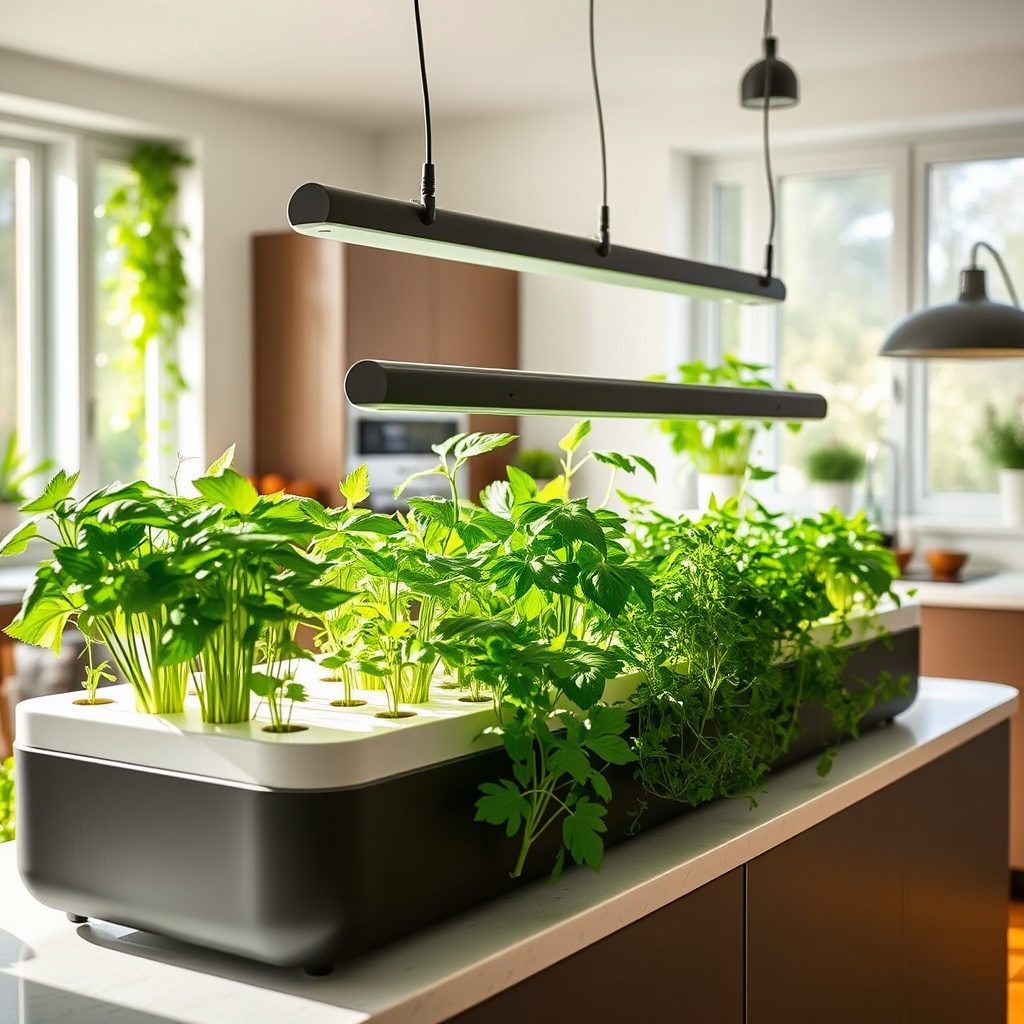
Water and energy are two critical resources in hydroponics. Implementing efficient practices can significantly reduce your environmental footprint while maximizing plant growth. By adopting smart technologies and strategies, you can create a hydroponic system that is not only productive but also eco-conscious.
- Recirculation Systems: Utilize closed-loop systems that recycle water, minimizing waste and ensuring your plants receive a consistent supply of nutrients.
- Solar Power: Consider integrating solar panels to power grow lights and pumps, harnessing renewable energy to sustain your garden.
- Smart Monitoring: Use sensors to monitor pH levels and water quality, ensuring optimal conditions while reducing excess resource use.
Community Engagement and Education
One of the most rewarding aspects of home hydroponics is the opportunity to engage with your community. Sharing knowledge and resources can inspire others to adopt sustainable practices, creating a ripple effect that benefits the environment. By hosting workshops, participating in local gardening clubs, or simply sharing your experiences on social media, you can foster a culture of sustainability.
Encourage others to explore hydroponics by providing tips, resources, and even starter kits. Together, we can cultivate a greener future, one garden at a time.

